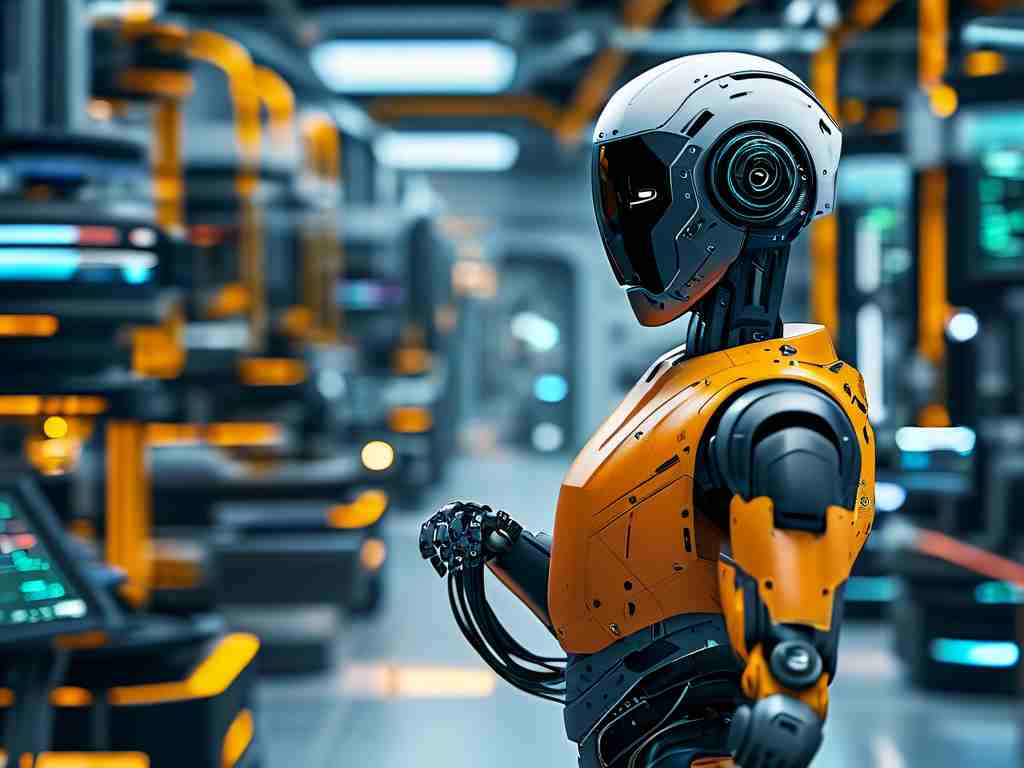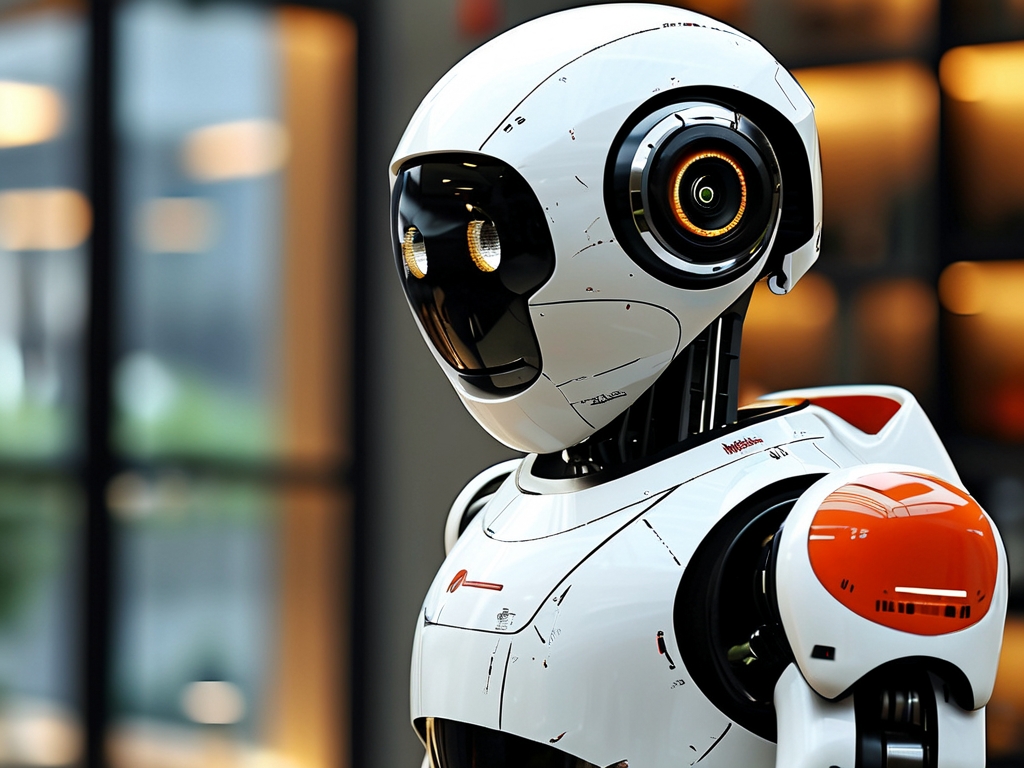The robotics industry continues to reshape global industries, driving unprecedented demand for skilled professionals. As automation and intelligent systems become integral to manufacturing, healthcare, and logistics sectors, companies worldwide are actively recruiting talent for robotics technology positions. This article explores current hiring trends, essential qualifications, and career pathways in this dynamic field.

Industry Growth and Job Demand
According to a recent report by MarketsandMarkets, the robotics market is projected to reach \$214 billion by 2030, growing at a CAGR of 14.3%. This expansion fuels urgent needs for roles such as robotics engineers, AI integration specialists, and automation system designers. Leading tech hubs like Silicon Valley, Tokyo, and Berlin have seen a 22% year-over-year increase in robotics-related job postings since 2022.
Key Skills for Robotics Professionals
Technical proficiency remains paramount. Employers prioritize candidates with expertise in programming languages like Python, C++, and ROS (Robot Operating System). Hands-on experience in sensor integration, machine learning algorithms, and industrial automation frameworks is equally critical. For example, automotive manufacturers now require robotics engineers to demonstrate familiarity with collaborative robots (cobots) capable of working alongside human operators.
Beyond technical capabilities, soft skills play a growing role. Cross-functional teamwork has become essential as robotics projects increasingly involve collaboration between mechanical engineers, data scientists, and UX designers. A survey by the International Federation of Robotics (IFR) revealed that 68% of hiring managers prioritize problem-solving agility and adaptability in candidates.
Emerging Recruitment Trends
Remote robotics engineering roles have surged by 40% since 2021, enabled by advanced simulation tools and cloud-based development platforms. Companies like Boston Dynamics and ABB now offer hybrid positions where engineers can design and test systems virtually before deploying physical prototypes.
Another notable shift is the rise of "niche-to-generalist" hiring strategies. While specialists in areas like computer vision or swarm robotics remain in demand, employers increasingly seek professionals who can bridge multiple disciplines. For instance, medical robotics firms now favor candidates with combined expertise in biomechanics and AI-driven diagnostics.
Preparing for Robotics Job Applications
Candidates should tailor resumes to highlight project-based achievements rather than generic responsibilities. Quantifiable metrics – such as "optimized warehouse robot pathfinding algorithms to reduce operational delays by 30%" – resonate strongly with recruiters. Open-source contributions to platforms like GitHub or participation in IEEE robotics competitions can significantly enhance visibility.
Interview processes often involve practical assessments. A leading autonomous vehicle company recently implemented real-time coding challenges where applicants debug navigation systems for self-driving prototypes. Others use virtual reality simulations to evaluate candidates' ability to troubleshoot industrial robotic arms.
Industry-Specific Hiring Insights
- Healthcare Robotics: Hospitals are recruiting specialists to develop surgical assistance robots and AI-powered patient monitoring systems. Key certifications include CRES (Certified Robotics Engineering Specialist) and CMRA (Certified Medical Robotics Administrator).
- Agricultural Automation: Agri-tech companies seek professionals skilled in drone-based crop monitoring and autonomous harvesting equipment. Familiarity with IoT soil sensors and satellite mapping tools is advantageous.
- Space Robotics: With increased interest in lunar and Martian exploration, organizations like NASA and SpaceX are expanding teams for extraterrestrial rover development and orbital maintenance systems.
Ethical Considerations in Hiring
As robotics permeates sensitive sectors, employers now scrutinize candidates' understanding of ethical AI principles. Roles involving autonomous weapons systems or public surveillance technologies require adherence to frameworks like the EU’s Artificial Intelligence Act. Job postings increasingly mention requirements for ethics training or related coursework.
Future Outlook
The next decade will see robotics converge with quantum computing and neuromorphic engineering, creating hybrid roles that don’t yet exist. Forward-thinking professionals should monitor emerging areas like self-healing robotic materials and biohybrid systems integrating living tissues with mechanical components.
For those entering the field, continuous learning is non-negotiable. Platforms like Coursera and edX offer specialized nanodegrees in robotic process automation and edge AI – credentials that are now appearing in job requirements alongside traditional degrees.
In , the robotics job market presents both challenges and extraordinary opportunities. By aligning technical mastery with adaptive learning strategies, professionals can position themselves at the forefront of an industry redefining the boundaries of technology and human capability.







